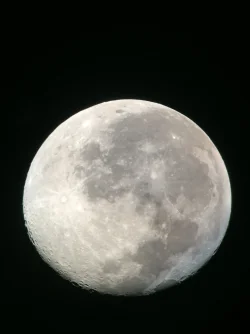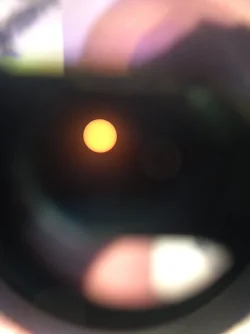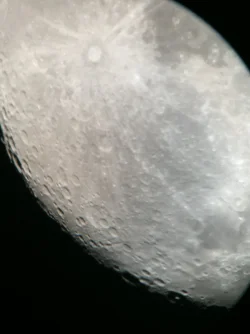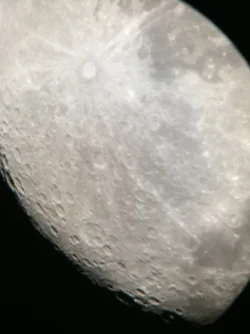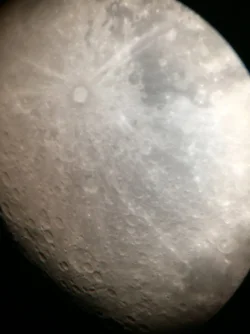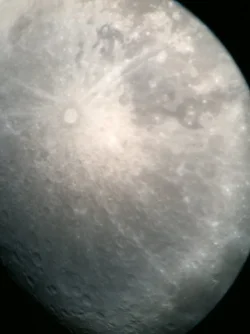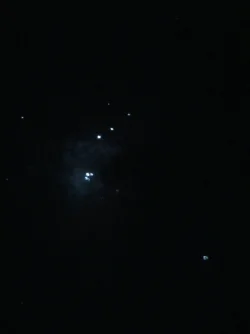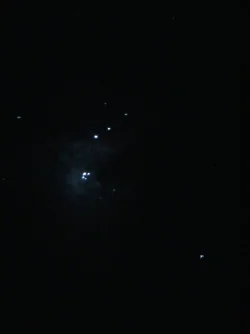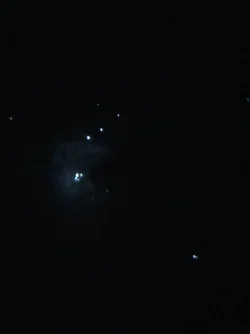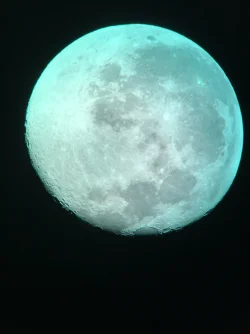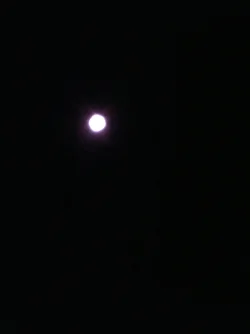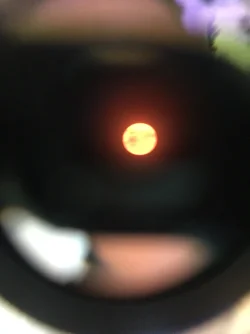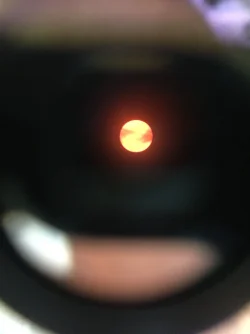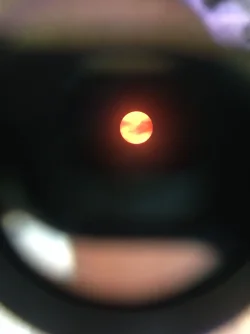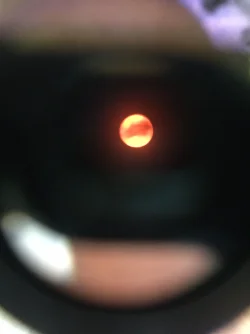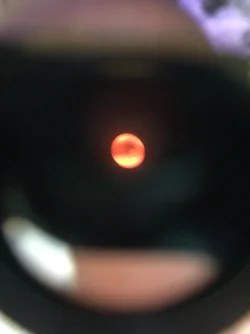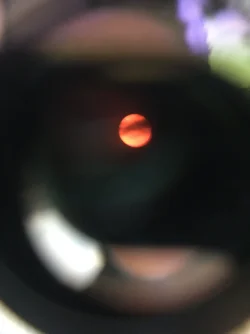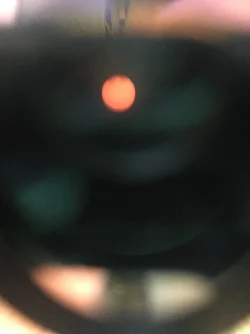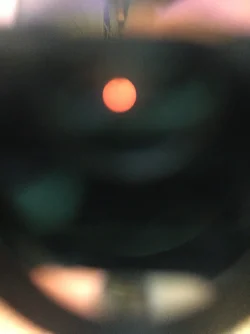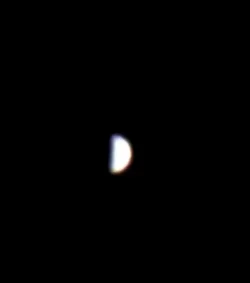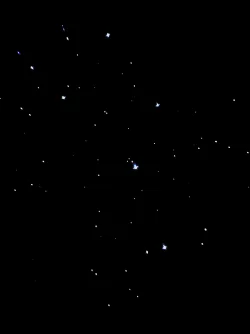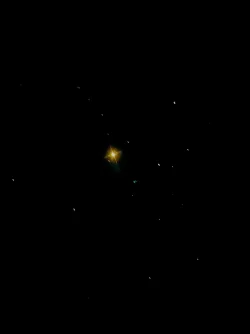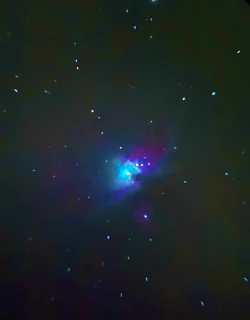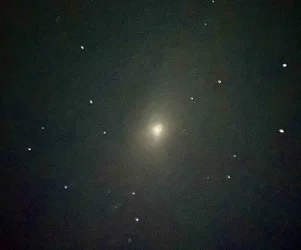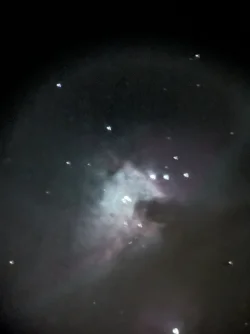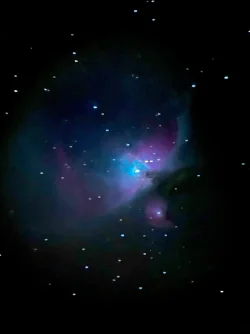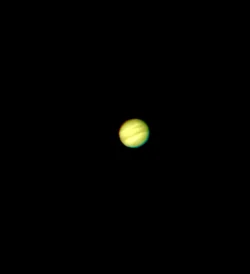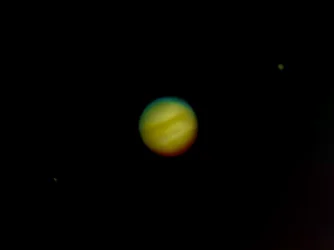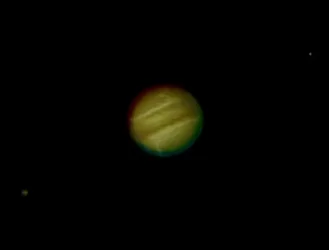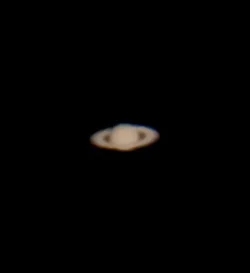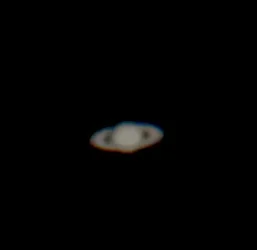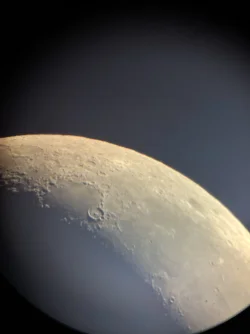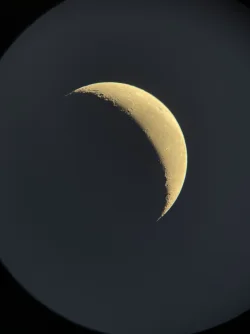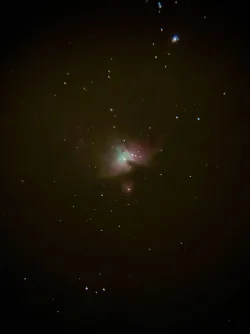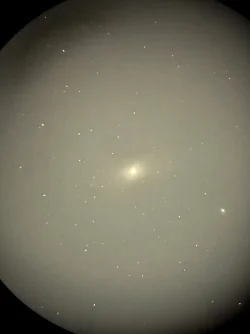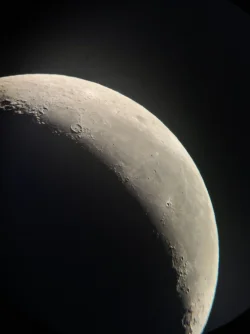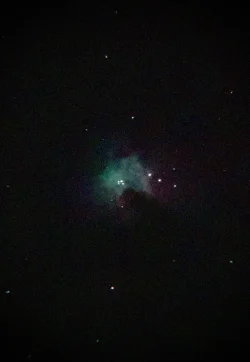Those are very cool. I've occasionally thought it would be interesting to invest in a decent telescope, but it's never gone beyond the thought.
If you are seriously entertaining the idea, there are several suppliers who can guide you in choosing an appropriate instrument. I got mine from Orion in California, their website is telescope.com and I know they would be happy to talk to you about options.
A quality telescope does not need to be huge, and does not need to be outrageously expensive. With a diameter of 3-4 inches and magnification of 60-100x, you can see a lot, including the rings on Saturn and Jupiter’s moons and the craters on our moon.
the one thing I will say is that you need to commit to purchasing a certain minimum baseline of quality, or else your experience will be very frustrating. Do not buy one of the National Geographic telescopes that you find in a toy store for example. That is money thrown away. If you are able to spend $250-500, you can get a quality beginner level instrument that will give you good viewing.
Every instrument is a trade-of in features. A smaller instrument is highly transportable and you can easily take it wherever you want, to find dark skies away from the city. A larger telescope is less portable, but collects more light and will give you brighter images and the ability to use higher magnification. Simple mountings like a Dobsonian can make it more affordable to buy a larger instrument, but are not capable of supporting sophisticated photography that requires long exposures and the ability to track the movement of the sky. (My telescope is a Dobsonian mounted 14 inch Newtonian reflector, and all my photographs are done by holding my iPhone camera up to the eyepiece, so you can still get some surprisingly good images). Equatorial mounts with sky-tracking capabilities that support sophisticated photography can be very expensive.
Then there are refractors, reflectors, and hybrid Cassegrain designs, which all have pros and cons. So talk with a supplier to get some advice in making a good choice. But it is a fun thing to have.
One of my favorite things to use is a night-vision scope. It picks up the faint light of the stars that you cannot see with the naked eye, and suddenly you can see how full the sky really is. Really jaw-dropping. That can be fascinating, just scanning the Night sky with a night-vision scope. Ive spotted nebulae and galaxies with it, even though it has no magnification. It just picks up that faint light, and those things look like a faint, fuzzy cottonball.
fun stuff.
